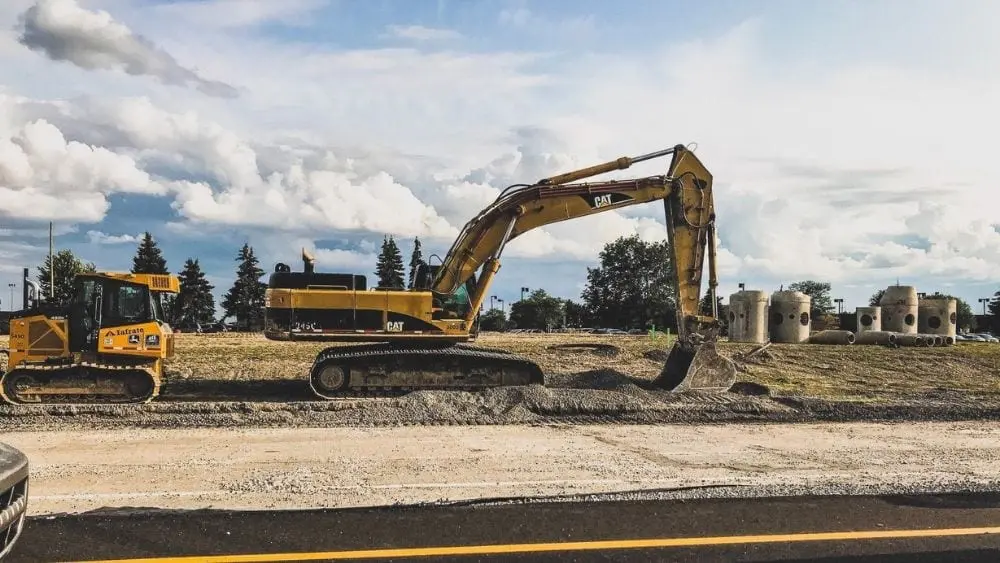
Buying a pre-construction condo or townhome comes with plenty of bonuses. By investing early, you gain access to lower costs, get to choose your home’s location, and get to customize the floorplan and upgrades.
But these advantages don’t come without risk. Committing well before completion means time for a number of problems; aside from potential construction challenges, the developer could change, unsold units could be rented out, or the project could completely fold and never be completed.
Unanticipated obstacles are never enjoyable, especially when you’ve invested money in the final product. What happens to a townhouse or condo community – not to mention your money – when plans fall through?
The Townhouse or Condo Developer May Change
Let’s say you invest in Company R’s condominium, which is in the pre-construction phase. You’ve selected your floorplan, and scored an end unit with more natural light and privacy. A short while later, Company R reaches out to let you know they’re folding on the project.
Before panic settles, they introduce Company S, who is taking over immediately so there shouldn’t be a delay in construction. Good news, right?
For the most part, yes. You’ll want to get familiar with the new developer, and make sure they have a strong track record for completing projects on time so you’re not caught in the same scenario again. If they do, then likely the project will proceed as planned.
One thing to be aware of, however, is that a new developer means new ideas. The rooftop pool you were looking forward to might be converted into a deck and grilling area, serving the same purpose of bringing the community together but in a different way.
In order to prevent a mass exodus of tenants, the new developer likely won’t make any changes that devalue the community or change the lifestyle future owners expect. However, it could introduce some features you’re not entirely interested in, yet still have to help fund.
Something else to keep in mind is if the original developer refunds your deposit, you’ll have to reapply and put a new deposit down on a unit you thought was already yours. Likely, the new developer is going to ask for a higher price. It’s up to you if the unit is worth it.
The Developer Rents Out Unsold Units
It makes sense a developer would want to build in some protection in case the market goes south and they’re unable to sell the rest of their units. Usually, this security is a clause in the Offering Plan that permits them to rent out unsold units. This way, even if buyers are not jumping at the chance to purchase a unit, the project won’t fold.
The problem is in how this affects people who have already purchased a unit. For example, renting opens up the property to residents less inclined to maintain and invest in the property. It can be frustrating if you’re working hard to maintain the exterior of your unit while your neighbor is comfortable with an unkempt yard and trash piling up on the doorstep.
There are also financial issues to consider. If a majority of the units are rented out and the property becomes a rental property, it can devalue the property and make lenders less likely to assist with financing. Having permanent homebuyers invested in the same property is much safer to lenders than an apartment property.
The Project Falls Through
If no developer or lender comes to save a project, or the remaining units don’t get rented, it’s possible a failed project could result you being out of a home. In this case, getting your deposit back is probably the only positive coming out of the situation. Either way, you’ll find yourself back at square one: looking through listings and meeting with developers, touring model units to try and find your new home.
Sound terrifying? Don’t fret – this is very unlikely; the vast majority of projects started each year are successfully completed.
Best Practices
So how exactly do you avoid these situations? The short and unfortunate answer is there’s no easy way, unless you can predict the future. However, there are preemptive steps to protect and prepare yourself.
When reviewing the initial contract and deciding to invest, be sure to ask the seller how many units are already under contract. While not a final deciding factor, this will give you a sense of the level of risk you’re taking.
For instance, if only one other unit is claimed, you’ll know that not only is the completion date a ways away, but also that there is still a lot of work to be done on the developer’s end. If you’re claiming one of the last units available, you know the developer is already well-backed and the project is likely to continue.
You’ll also want to make sure the money you’re putting down is an earnest money deposit and not a down payment. In an earnest money deposit, the money is held by the buyer’s agent in an uncashed check form, or is cashed into an escrow deposit account.
In other words, the funds aren’t spent. Typically this serves as a sort of insurance for the seller, so if a buyer tries to break a contract and doesn’t close, the seller has some form of compensation for their time and work; but if for some reason the project doesn’t proceed as planned, you can get your deposit back. If you paid a down payment directly to the buyer and they spend that money in the construction process, you’re going to need legal action to get your money back.
Bottom Line
While investing in a project that ultimately goes under is frustrating, it rarely happens. You may need to exhibit some flexibility on deadlines (construction complications can lead to minor delays), but buying into a pre-construction project does not automatically mean throwing your time and money away. Carefully reviewing legal documents, researching the developer’s history, and staying in constant communication about the status of the project all help to ensure that even if things don’t go to plan, you’re not at a complete loss.

Kian Zozobrado joined Builders Digital Experience (BDX) in 2019 as a content writer. A graduate of Southwestern University with a degree in English, Kian is passionate about the written word and making connections. Outside of work, Kian also serves as president of the Board of Directors for the Writers’ League of Texas.
 What I Learned Building My Tiny Home
What I Learned Building My Tiny Home